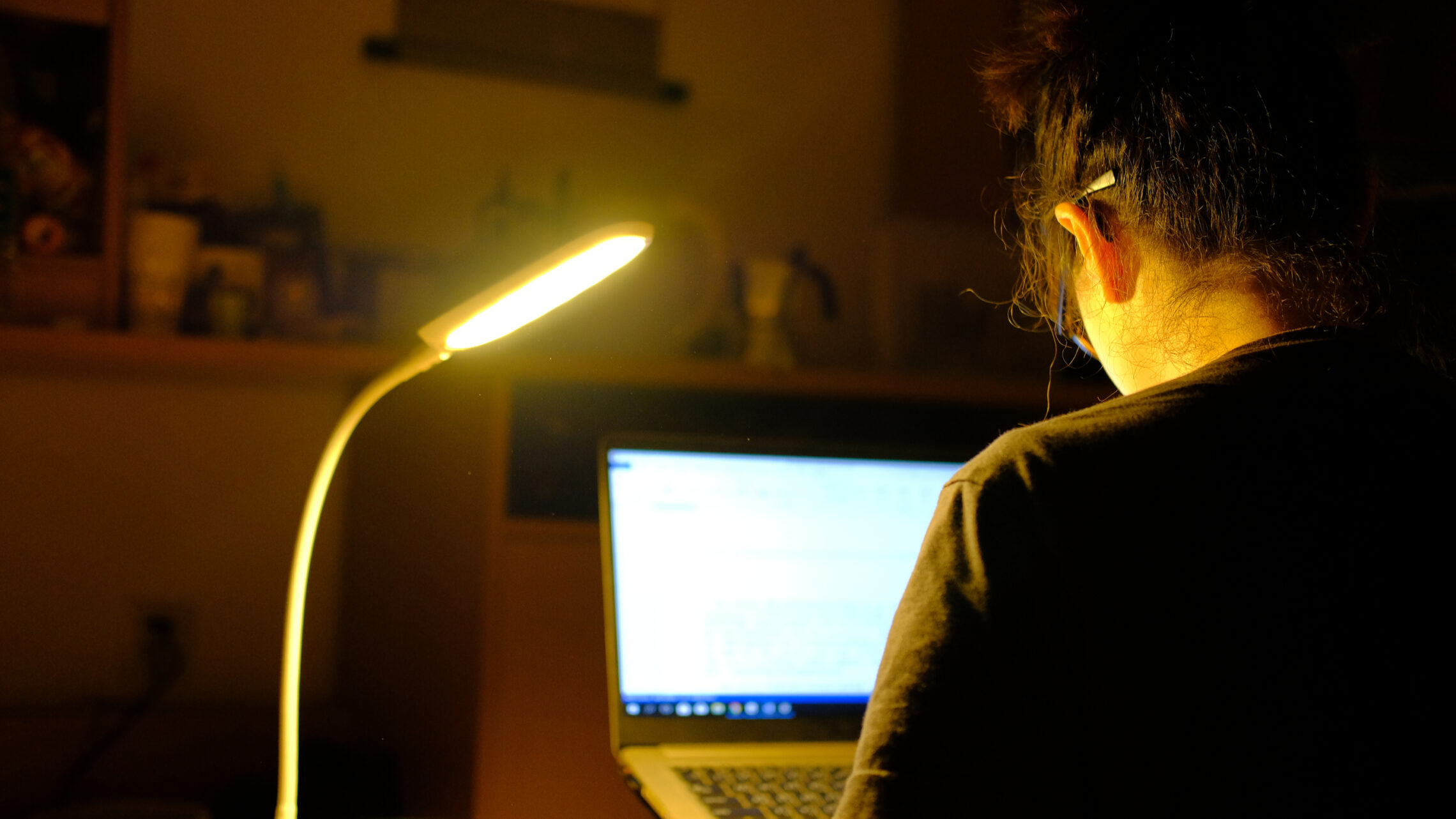I’ve read a number of articles about the PGR experience on Wonkhe, and as a result I started to think about my experience of being a few months into my PhD – and the experiences I’m aware of through friends and my job within higher education.
In my view we need to develop a deeper understanding of what it is like to be a PGR students, and how those who work in higher education can better support PGRs.
As a PhD student you don’t just research your thesis (and there’s nothing just about it). Because spending a minimum of three years undertaking original research isn’t development enough you have to undertake various training courses and you’re encouraged to apply for as many opportunities as possible. Great for your CV – but for your work-life balance, not so much.
When you’re applying for a PhD you know what’s expected. You know the need to do more than just research. But it doesn’t make it any easier and it doesn’t make it right to not look at how we can reduce any potential burden.
PhD funding is competitive, particularly in the humanities. It can breed a culture where you look at course mates and colleagues as competition rather than as friends or people who can support you. That, coupled with being told that doing a PhD is a lonely place, can make it feel very lonely.
Part of the problem is that universities focus largely on the experience of undergraduate students (your typical 18 year old), ignoring postgraduate students and those who don’t fit the stereotypical student type.
If you’re not lucky enough to receive funding then you’re reliant on a doctoral loan that no way near covers the cost of living and you likely have to rely upon part time work, which takes precious time away from your research.
The lack of access to funding is problematic for all – but particularly for Black and Ethnic Minority students.
An uncomfortable normal
One thing we need to worry about is PGRs normalising depression and anxiety. The figures are shocking. Suffering from mental health conditions such as depression and anxiety should not be stigmatised, and people should feel free to discuss their experience if they wish to.
But for us to normalise it as part of the process of getting a PhD is dangerous. It will stop people accessing help and support that they need. Applying for a PhD and completing one is an independent process. You make the choice to research further something that you’re passionate about or interested in. You direct your study and research. So, when you’re struggling with it or you face setbacks, it feels that much more personal. This all feeds into imposter syndrome, you see peers and colleagues succeeding where you haven’t and you do wonder, “am I good enough for this?”
Recommendations
So what can SUs do, and what should SUs be asking their university to do?
First, when planning, we should consider PhD students and their needs. Do PhD students know where to access support? Are development opportunities and support services available outside of 9-5? With many PhD students having to work alongside their studies, they may be unable to access during regular working hours.
Providing more financial support and streamline the process for applying for it is also important. Speaking to fellow PhD students, we’ve often likened Doctoral Funding Applications as a full-time job in itself. On top of undertaking research, the last thing you want to do is fill out multiple forms, all of which seem to ask for the same information but in a completely different way.
It’s clear that further work is required on destigmatising mental health. This will benefit all students. For PhD students, be realistic with us, don’t pretend it will be all sunshine and roses but at the same time be careful how you discuss it. Being told that it’s a lonely place from day one is not a helpful message.
Numbers and metrics
Until now most of the metrics n HE have been focussed on undergrads, but in England the current “B3: Student Outcomes” consultation also covers the retention, completion, and graduate outcomes of PGRs.
Key to ensuring these thresholds are met is an understanding that PhD students face different challenges and have different experiences to UGs.
I noticed the difference as well in proposed thresholds for continuation between part-time and full-time PGR students.
With the threshold for part-time students being lower than that for full-time students, it is important that part-time students aren’t forsaken when working to understand more about the experience of PhD students.
This is not to say that I don’t enjoy my PhD or value the research that I’m doing, I do. The support from my supervisor and support staff within my faculty has been brilliant but I know that that is not the case for all.
But it is important to reflect, learn and ensure that everyone undertaking a PhD has the support they need and the experience that they deserve.



















